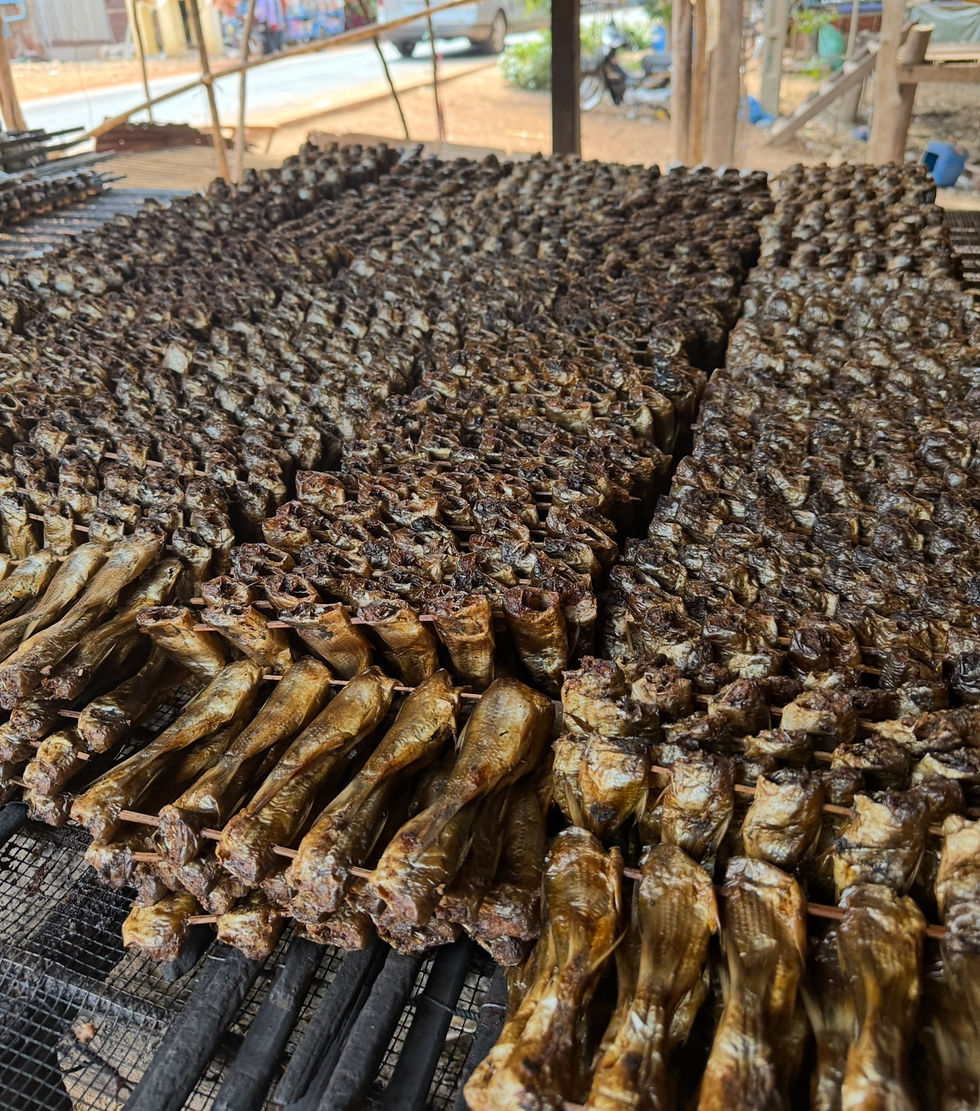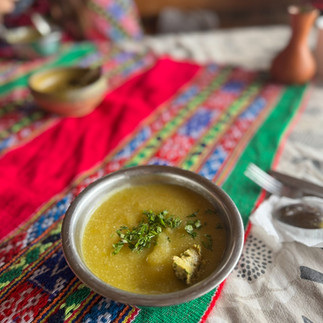Salt, Smoke, and Paperwork
- Nicole E. Day

- Jul 25, 2025
- 3 min read
Updated: Jul 25, 2025

When the Inspector Meets the Ancestor: Why I Defend Old-World Food with New-World Compliance
A Field Series by Nicole Day, AgriForaging Compliance Services
The inspector asked about log reductions.
The producer looked down at the table.
We both knew what was being asked. And what was not.
This is the space I occupy. Not to smooth it. Not to mediate. To listen long enough to hear what is being silenced.
As AgriForaging enters its fifteenth year, I am thinking less about progress and more about loss. Not in abstraction, but in specifics. Products pulled. Recipes rewritten. Flavor dulled. Technique stalled. Producers still working, but no longer certain what they are protecting. Systems that treat living food as deviation, and tradition as threat.
I have worked with thousands of people who know exactly what they are doing. Their understanding of microbial behavior is sharper than most regulators will ever recognize. But they are not given the tools to explain it in the format that matters. That is the problem. Not safety. Not risk. Format. Language. Omission.
And so many give up on bringing their product to market, or keep producing food that feels slightly compromised, shaped more by regulation than by intention.
Not because their food is unsafe, but because the language of regulation was never written to hold the kind of knowledge they carry.
This work has never been about bringing people into compliance. It is about defending the right to make food that does not require translation in the first place. It is about working within a system while refusing its amnesia.

I have sat in kitchens in Europe, South America, and Southeast Asia. I have eaten food cured in ash, buried in salt, hung in air that smelled like time. I have tasted process in its unbroken form, not adapted and not abbreviated. No printed records. No controls. Just method, shaped over generations, refined by necessity, and held in bodies.
None of that is missing from the food. But most of it disappears when we try to describe it.
I know that same care exists here too. It lives in Indigenous foodways, in multi-generational butcher shops, in fermentations passed hand to hand. Across North America, producers carry deep, place-based knowledge that never needed validation to be real. The difference is not in the wisdom. It is in what the system is structured to recognize.
In the United States and Canada, many producers carry this same logic. It comes from land, lineage, repetition, and responsibility. Not from study, but from practice that never stopped. When they ask how to bring it to market, the answers are often incomplete. The system was not designed to receive what they are doing. Instead of learning to see it clearly, it asks them to change it.
Too much acid. Too much salt. Less time. Less touch. Less trust. And now, too much cold.
The food becomes flatter. The producer becomes uncertain. Not because they are unskilled, but because the system taught them to second-guess what they already knew.

And the loss compounds. A product never made. A recipe adjusted. A method stripped of context, handed off to a co-packer, no longer understood.
So I do what I can. I write what has not been written. I hold a line between process and policy. I do not fix what is already working. I protect it from erasure.
Sometimes that means rewriting the process in regulatory terms.
Sometimes it means saying no. We are not doing it that way.
It means pushing boundaries, conducting global research, uncovering what has been overlooked.

Sometimes it just means staying long enough for the complexity to be seen.
This is not innovation. This is memory under pressure.
If we do not do this work carefully and deliberately, we will not just lose methods. We will lose reference points. We will lose what it feels like to know something by hand. We will forget how it smells when it is working. We will forget how to explain something without first proving it.
The system will not stop asking for proof. But proof is not always the problem. Absence is.
We do not need better compliance. We need more accurate memory.

We need systems that can hold tradition without reshaping it.
We need space where cultural knowledge is not treated like risk.
We need documents that say what the body already knows.
That is the work. I will not always win the argument. But I will not pretend it is not happening.
These are the field notes I carry. There will be more.

















Comments